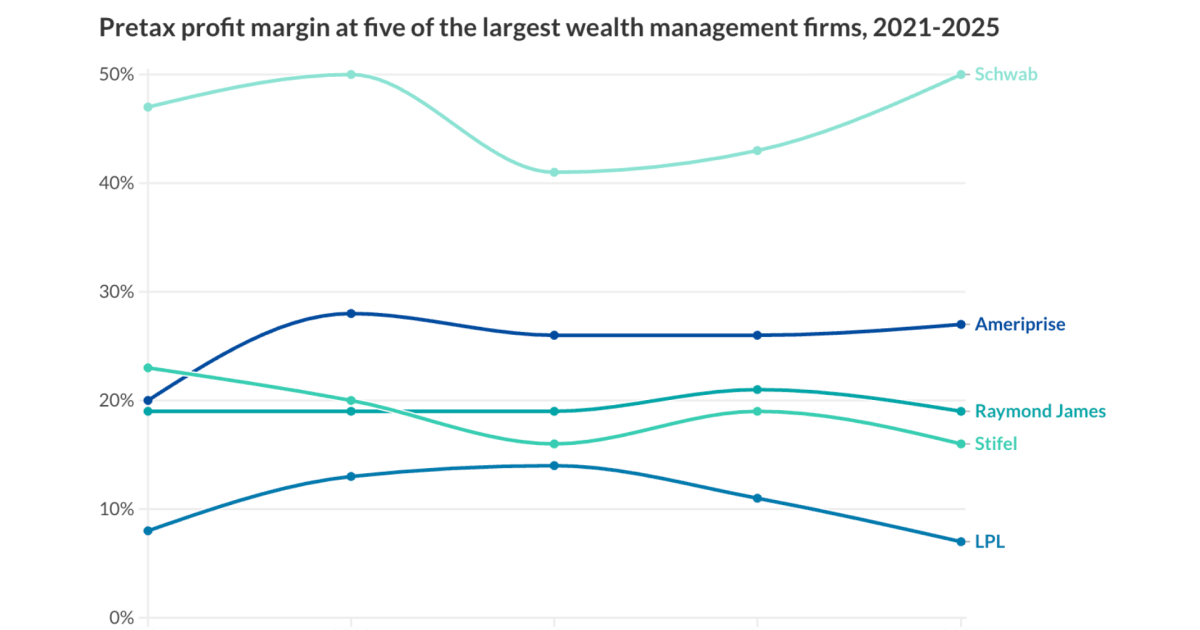In the dynamic landscape of the financial sector, securing a job in banking requires more than just a polished resume. It demands a comprehensive understanding of the industry, excellent communication skills, and a strategic approach to the application process. This guide aims to equip you with the tools and knowledge needed to master the art of banking jobs and stand out in a competitive market.
Understanding the Banking Industry
To embark on a successful career in banking, it’s crucial to grasp the intricacies of the industry. Explore the various sectors within banking, such as retail banking, investment banking, and corporate banking. Familiarize yourself with current trends, regulations, and challenges shaping the financial landscape. A well-rounded understanding will not only make you a more informed candidate but also demonstrate your commitment to the field.
Building a Strong Educational Foundation
Most banking jobs require a solid educational background. Highlight your relevant degrees, certifications, and any specialized courses you’ve undertaken. Consider pursuing additional certifications, such as Chartered Financial Analyst (CFA) or Certified Public Accountant (CPA), to enhance your credibility in the eyes of potential employers.
Developing Key Skills for Banking Professionals
Successful bankers possess a diverse skill set. Strengthen your analytical skills, attention to detail, and problem-solving abilities. Additionally, focus on honing your communication skills, as bankers often interact with clients, colleagues, and superiors. Showcase your proficiency in financial modeling, risk management, and data analysis to set yourself apart.
Crafting an Impressive Resume

Your resume serves as your first impression on potential employers. Tailor it to highlight your relevant experience, skills, and achievements. Quantify your accomplishments whenever possible to provide concrete evidence of your impact. Use industry-specific keywords to pass through applicant tracking systems (ATS) and increase your visibility to recruiters.
Navigating the Interview Process
Prepare for banking interviews by researching common questions and practicing your responses. Demonstrate your knowledge of the industry, showcase your problem-solving abilities, and emphasize your commitment to teamwork. Additionally, be ready to discuss your experience with specific financial products, regulations, and market trends.
Networking and Professional Development
Networking is a powerful tool in the banking industry. Attend industry events, join professional organizations, and connect with professionals on platforms like LinkedIn. Building a strong professional network can open doors to job opportunities and provide valuable insights into the industry’s inner workings.
Staying Informed and Adapting to Change
The banking industry is continually evolving. Stay informed about the latest trends, technological advancements, and regulatory changes. Showcase your adaptability and willingness to embrace innovation, as these qualities are highly valued in a rapidly changing financial landscape.
Mastering the art of banking jobs requires a proactive and strategic approach. By understanding the industry, developing key skills, crafting a compelling resume, excelling in interviews, and staying connected through networking, you can position yourself as a standout candidate. Embrace the journey of continuous learning and adaptation, and you’ll be well on your way to a successful career in banking.






